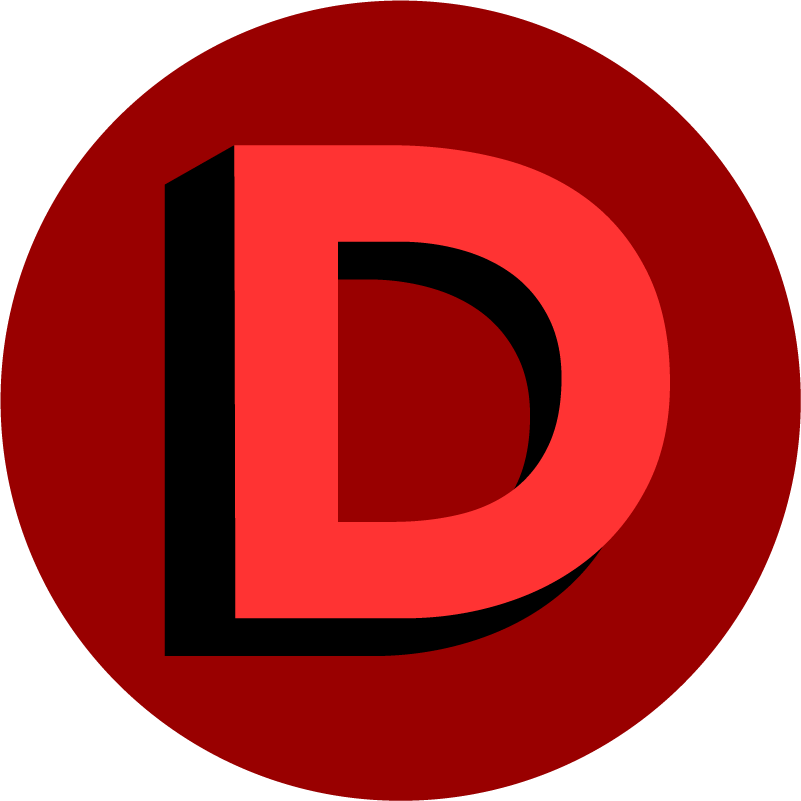How much of an impact can one person’s passion for student learning have on academia and even society at large?
C. Edward Watson is the Associate Vice President for Curricular and Pedagogical Innovation with the American Association of Colleges and Universities (AAC&U), and he joined the Digication Scholars Conversations podcast to talk about helping students and institutions define essential learning outcomes and providing the tools and resources needed to effect these changes.
We also discussed their approach to assessing and dealing with major issues facing higher education, such as the dual pandemics of COVID-19 and racism that have become key parts of the zeitgeist, and how effective higher education leadership can result in positive changes in both academia and society.
Why Passion Matters

For Watson, a defining theme across his career in academia is his passion for student learning. This passion drives his interest in understanding how students learn and how to make that learning experience better.
"What do we know about learning…? We see these kinds of studies — how do we translate that into actual classroom practice?", he asks. This extends beyond examining pedagogical practices and includes trying to ensure that students develop and retain their acquired knowledge and skills beyond their academic career and well into the later stages of their life.
Naturally, this progressed to Watson working with faculty and, eventually, other academics and their institutions through his work and the initiatives of the AAC&U.
How To Improve Student Learning Outcomes Effectively
Two key elements that Watson highlights are measurement and accountability. To assess and understand something, it needs to be measured. Once specific metrics are defined and the appropriate data is collected, these can be used to facilitate accountability and inform the development of Quality Enhancement Plans.
He says that there are two general schools of thought (amongst others) when it comes to assessment in this context:
- Standardized Tests
- Authentic Assessment
The latter requires more diligence and involves more effort — student work must be collected, you need to have faculty involved, and you need to train the faculty to do assessments well. This is where the VALUE Institute at AAC&U comes in. Participating institutions can send in student work to be assessed by personnel trained specifically for this purpose.
Leading The Charge in Higher Education Reform
The VALUE (Valid Assessment of Learning in Undergraduate Education) Institute is not so much a literal institute in the common sense of the word, but more of a mechanism provided by the AAC&U that facilitates the analysis, assessment, and understanding of how things are going on a massive scale.
It provides a good starting point for educators and institutions looking to improve their student learning outcomes through their systems, processes, and Open Educational Resources such as the VALUE Rubrics. Academics are free to use these resources as a starting point, as well as being encouraged to “hack the VALUE Rubrics”, as Watson says, and adapt these to suit their needs, small scale or otherwise.
With what benefits?
Having a wider set of standard processes and impartial analysis through qualified outside parties can help safeguard academic rigor (this work is done blind — reviewers don’t know which institutions have provided the student work they are assessing) and accountability that would otherwise be at risk due to internal familiarity, resulting in honest feedback that equips institutions with insights that they can use to improve in meaningful ways.
Dealing With Pandemics and Diversity, Equity, and Inclusion in Higher Education
A key component of providing leadership in higher education is addressing contemporary issues and making meaningful changes, and with this in mind, Watson points to the dual pandemics of COVID-19 and racism.
The COVID-19 pandemic has seen many institutes pivot to online learning, with intermittent – and at times abruptly interrupted – returns to in-person classes. The past two years of the pandemic have led to new practices and policies in response, and some of these have influenced the way higher education operates today in the form of where and how educational events such as conferences and seminars take place.
The issue of racism has returned to the spotlight with the killing of George Floyd, and this has resulted in a broad push for diversity, equity, and inclusion initiatives for the benefit of students and campus staff, as well as ongoing discussions about how best to tackle these issues beyond just pedagogical practices, and one emergent thread is that many are now looking at racism as a pandemic — the thought being, “if the COVID-19 pandemic was given national importance and given a vast amount of attention and resources dedicated to dealing with it, then why not consider doing the same for racism”?
The effects of these issues, and what both students and educators are trying to accomplish in response, can have far-reaching effects that can go well beyond an individual student’s academic career or an institution’s remit. Sometimes it just takes a little passion to start something small that can turn into something big.
Want to dive deeper and hear more from C. Edward Watson about the progressive reforms in academia that are currently underway?
Get the details on what the future looks like for higher education on a broad scale, the various resources currently available to educators and institutions from the AAC&U, and the specifics of implementing and benefiting from it all — listen to the full episode here.
Don’t miss an episode — subscribe to the Digication Scholars Conversation podcast by clicking here.
